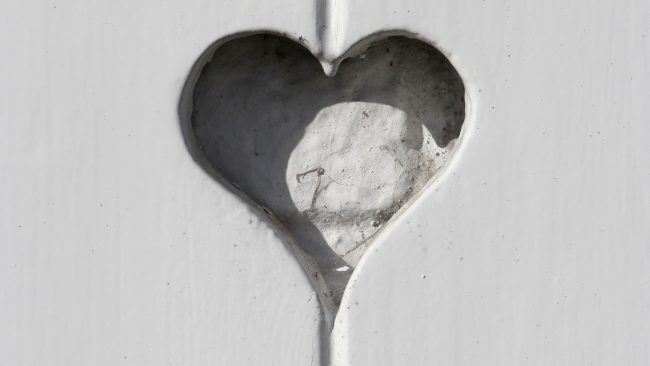Regret
rɪˈɡrɛt
Dictionary result for regret
- 1.
feel sad, repentant, or disappointed over (something that has happened or been done, especially a loss or missed opportunity).
This is a definition I found online for “regret.” I believe I have something to add to this definition where grief and a broken heart is concerned. As grievers, we also need to understand that regret is about all the things we wished we had said or done differently. Now that I look back at one of my own regrets after my father’s death, there was one knackering thought that continued to haunt me for a while.
Two months prior to my father passing away, he was placed in palliative in-home care by his doctor. The insurance company sent a nurse over to perform an initial intake on his condition. I did the introductions, and my father and I continued to have a very lovely conversation with this woman. I could tell somewhere along the way that my Father did not exactly understand why she was there. You see, my father was a people person, and he always treated people with kindness and respect. He felt it was a very nice visit.
When she had gone, he called me into his room and asked me what she was doing there. I answered with the truth, “You will no longer be going to the doctor. They will be sending all the doctors and the nurses to visit you from now on.” He was shocked. He looked me in the eye and said, “No, I am not ready for that yet.”
I tried to convince him that it was time. The look on his face, however, said it all. It was as if he really wanted to say, “Stop this! It feels like the beginning of the end road.”
You see, I also had a bit of an alternative motive. I was starting a new job about 45 minutes away from the house. And up until that point, I took my father for all the doctor’s visits. My sister (a nurse) and I had come to the decision that this would be the best for him and my mother, because she would not have to struggle to get him to the doctor alone.
The thing was that going to the doctor was the highlight of the week for my father. We always made a day out of it: we would go to lunch and sit together and enjoy each other’s company. I learned so many things about my father’s hope and dreams on these excursions.
My regret was that shortly after he left us, this event started to haunt me. Maybe I should not have started him on the palliative care. He was not ready, and I forced him to do something he did not want.
I knew that I had done the right thing. I knew that the decision my sister and I made had been correct. But his resistance to that change sat heavy on my heart.
We tell ourselves: I should not have done that. I wish I had done it differently. Or I should have taken him to more doctor’s visits and spent more time with him. We remind ourselves of everything we wished we had done better, different, or more of.
The truth was that it was the perfect time to start the palliative care for my father and the welfare of our family. But that did not change the regret that I had in my heart. In order to truly heal from my grief, it was important that I always try to understand my own emotions about what I felt I could have done differently.
Regret is a big thing when it comes to grief and the pain in our heart.
Today, I cannot take this from you nor would I try to fix you, because you are not broken. You are grieving. I will leave you with this final thought.
Do know that the feelings of regret are all very real and come back to haunt us after our loved ones are gone? Try this exercise that I like to call “A Thought Download.” Or you may simply call it journaling. Write down one regret you have and a list of all the thoughts that go along with it. But don’t try to fix it. Just be an observer and see where your emotions stand on this one regret.
Let us share our grief. ~Sharon




